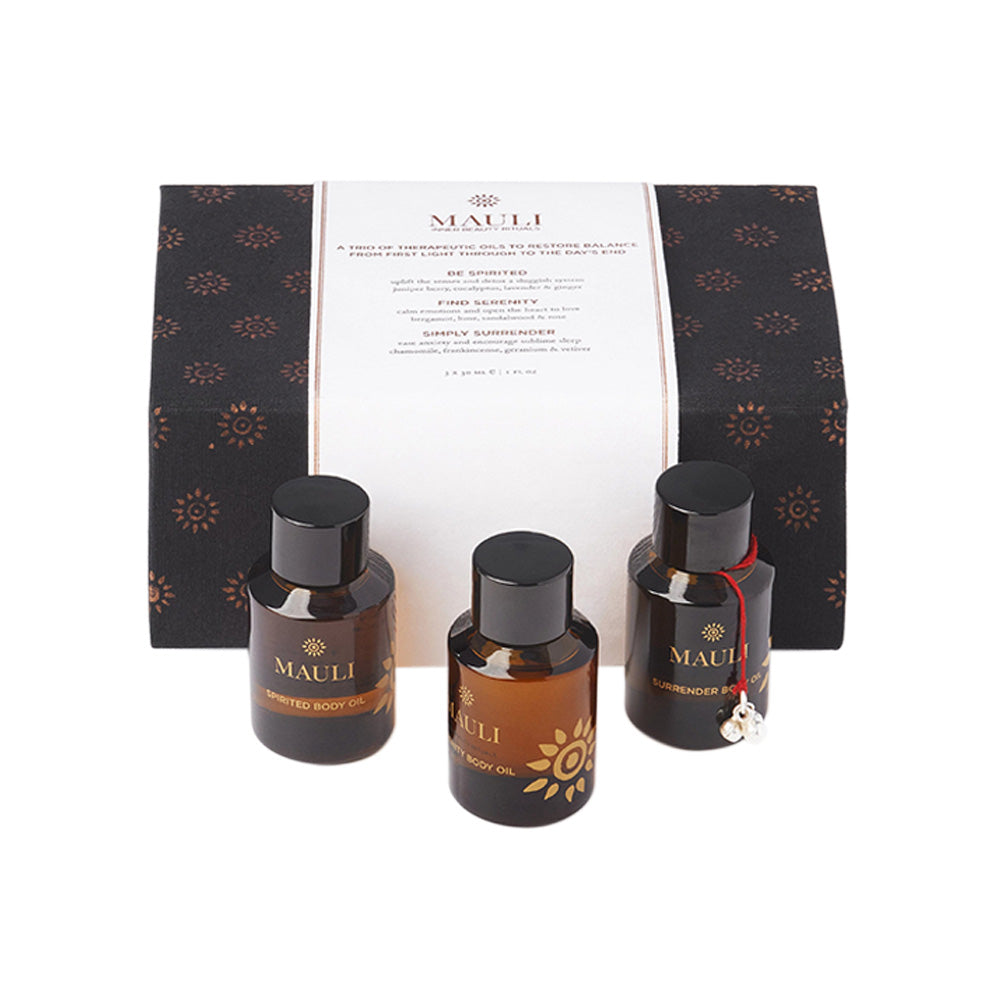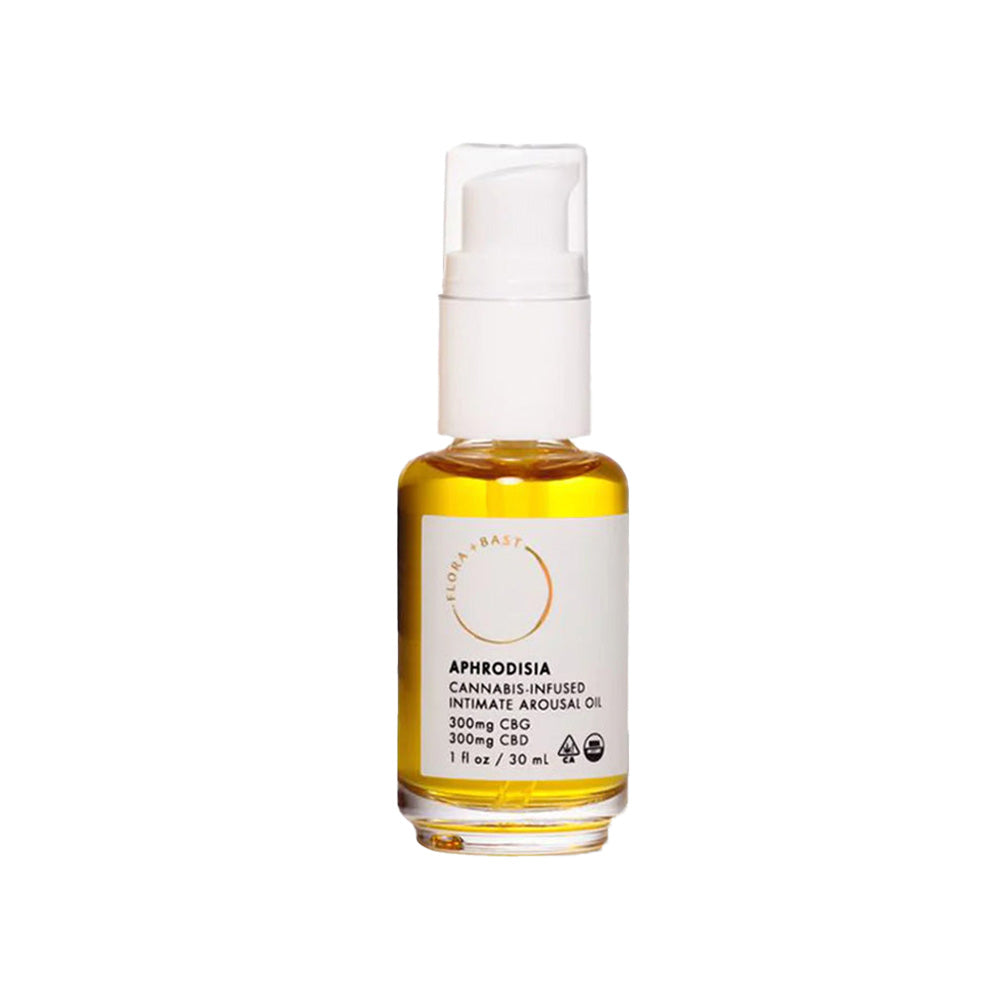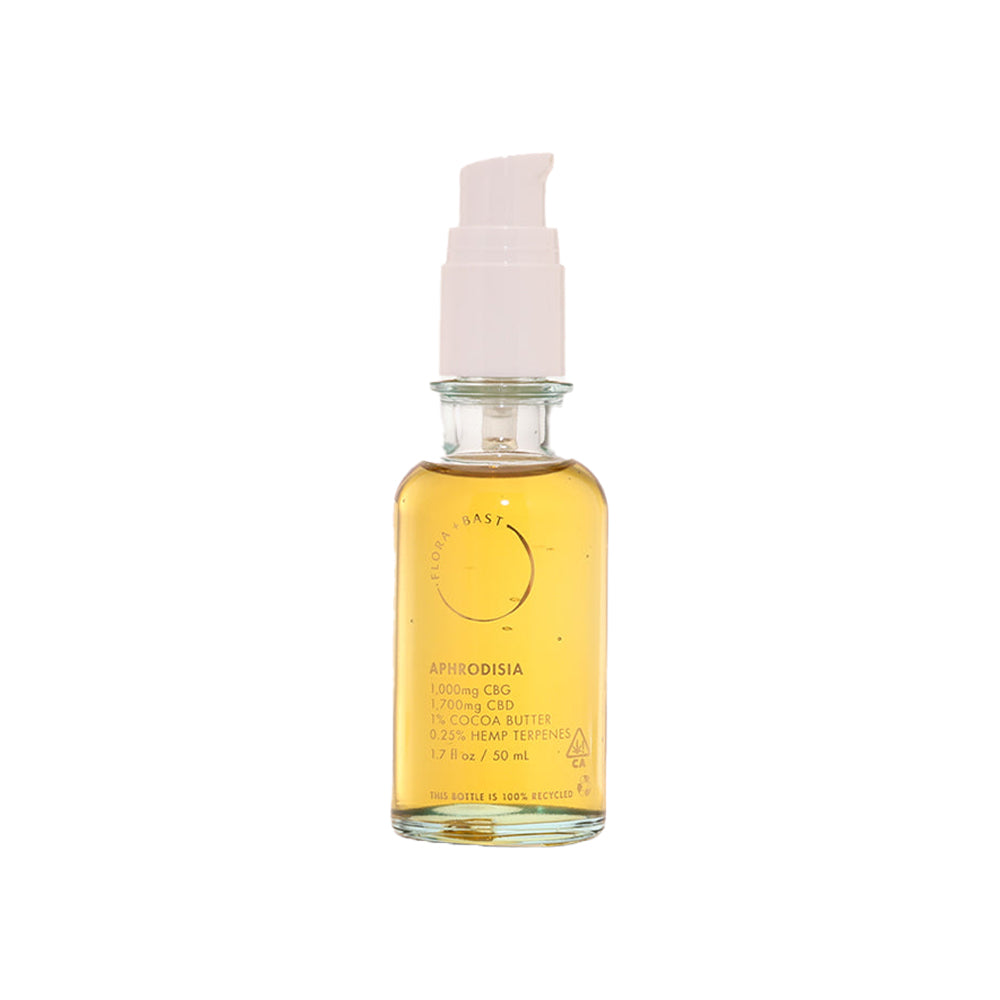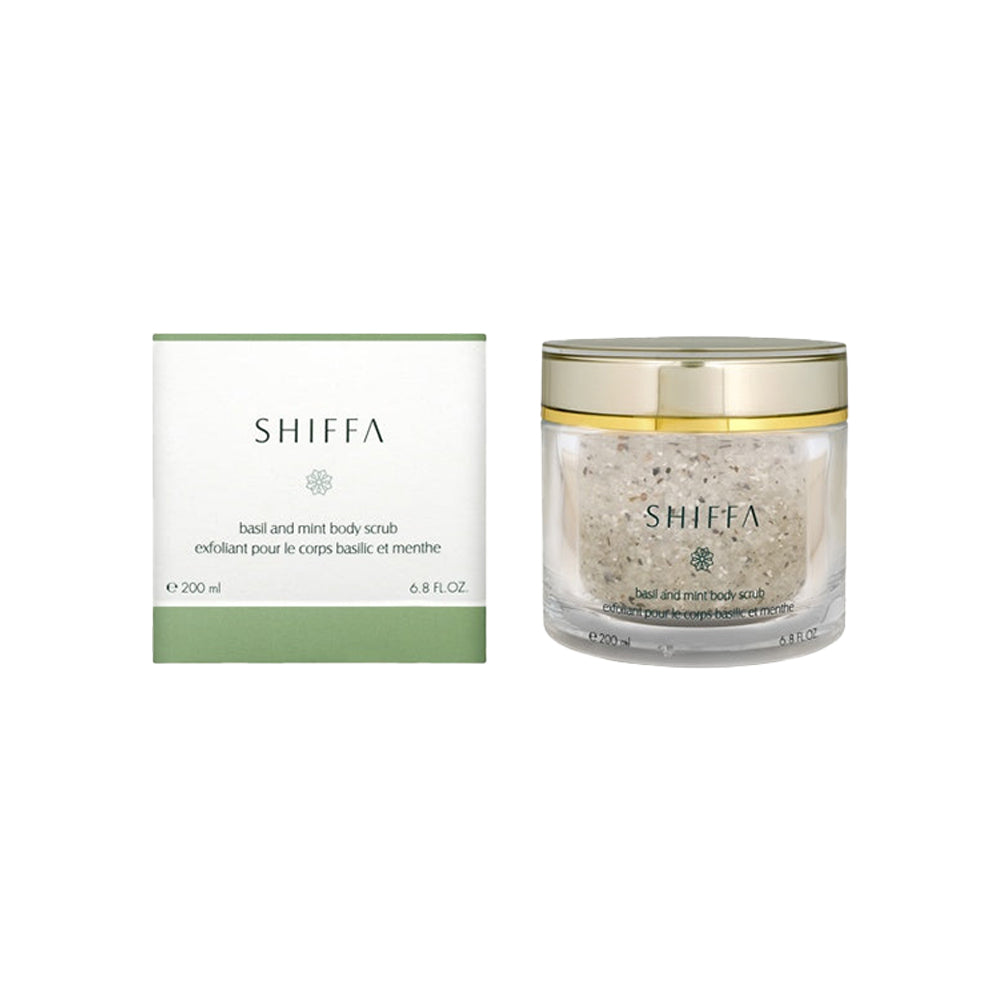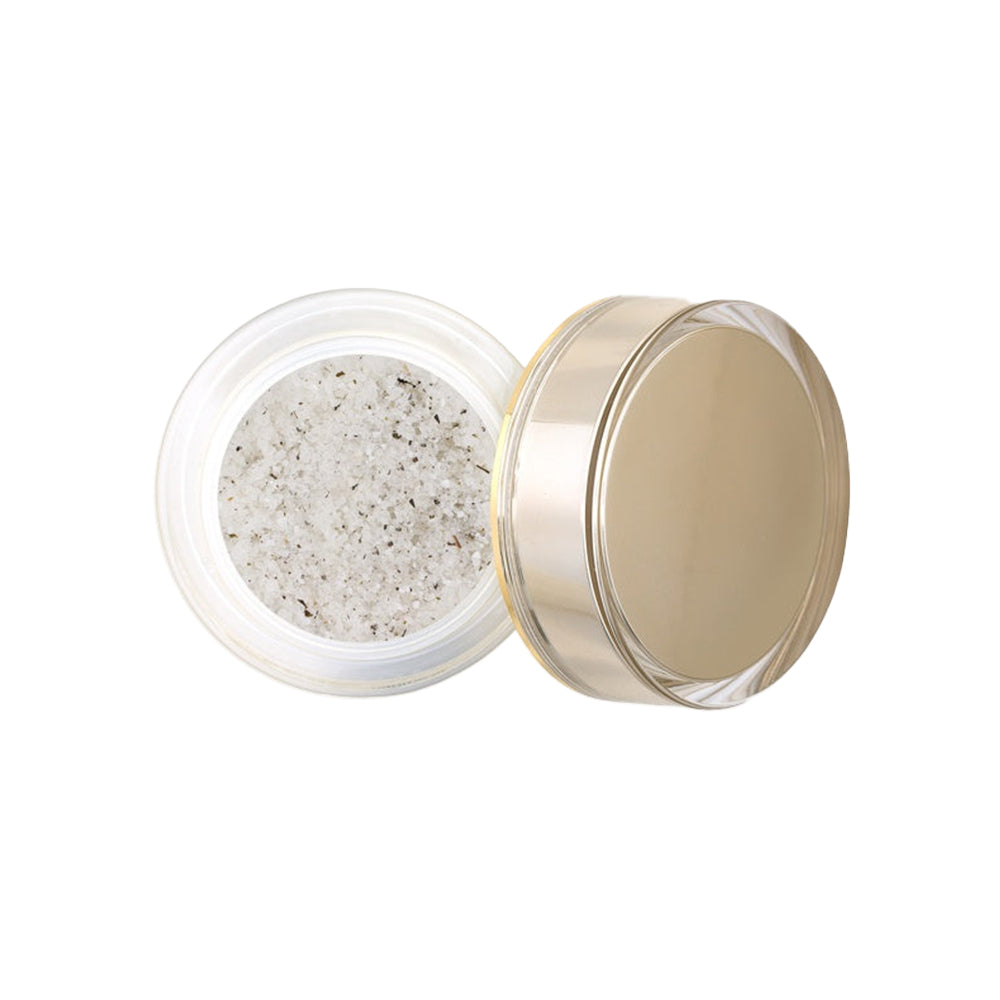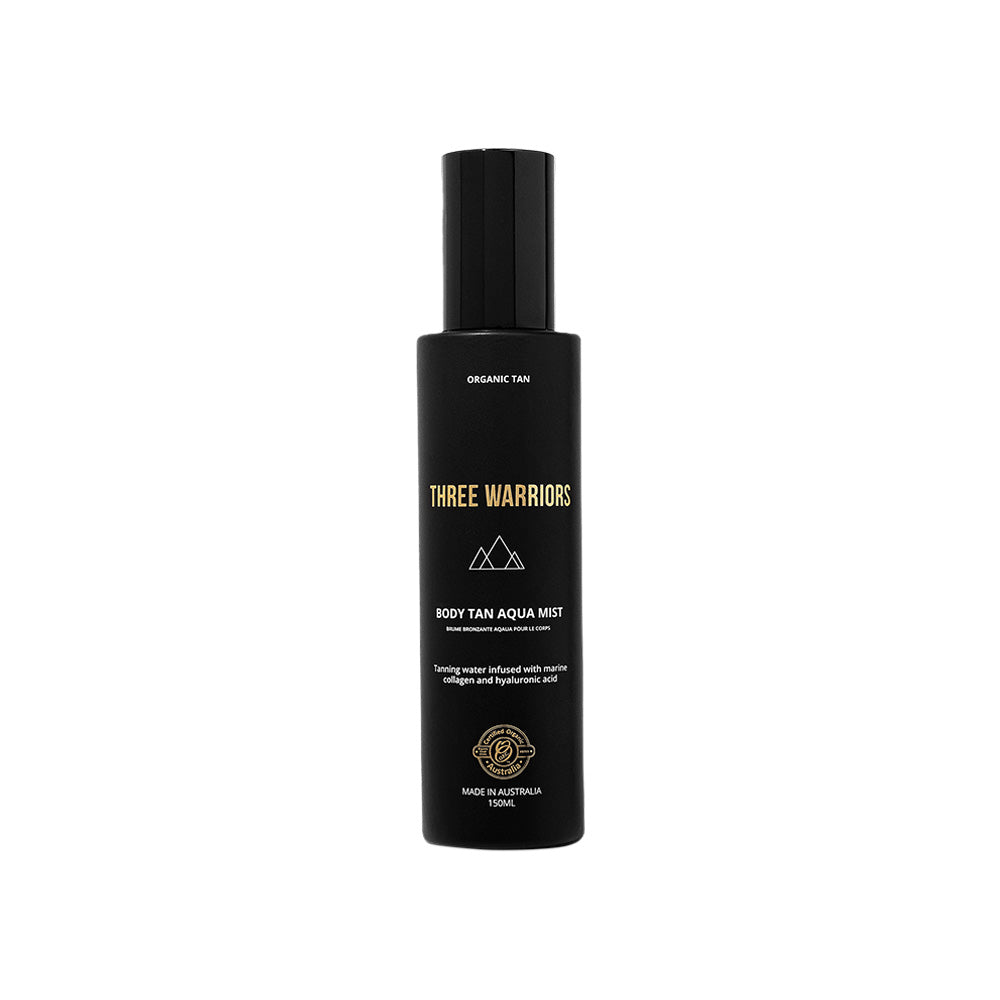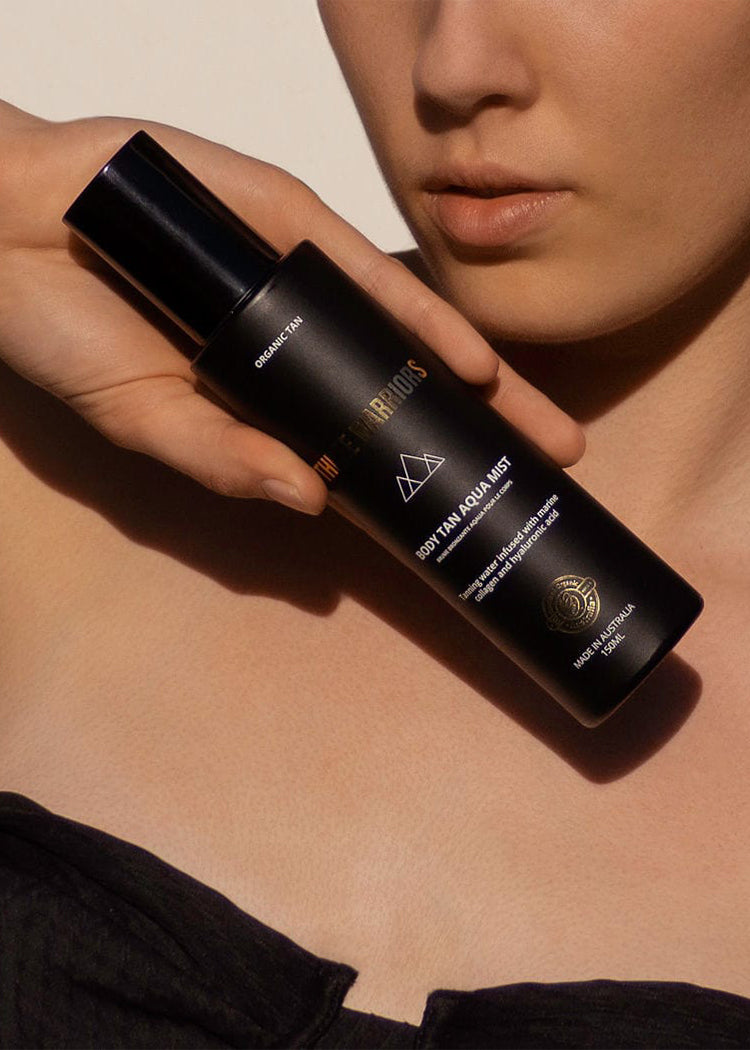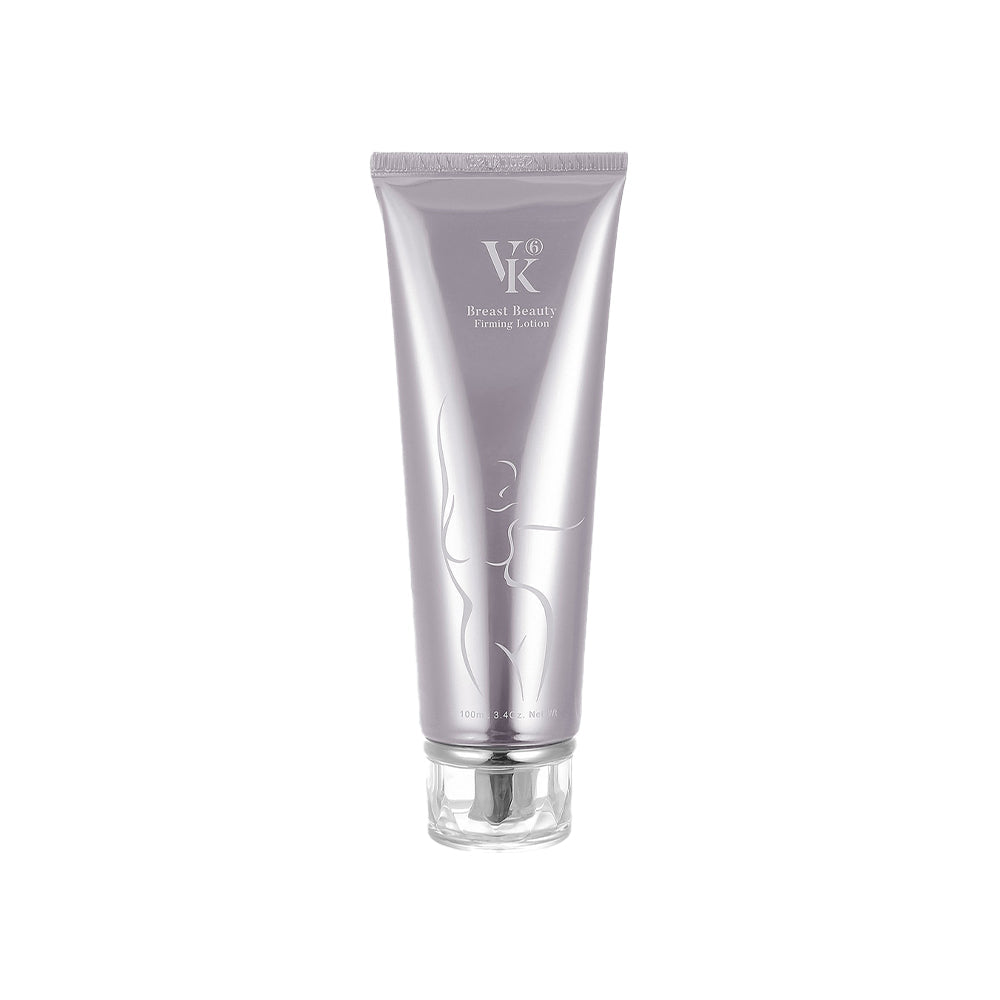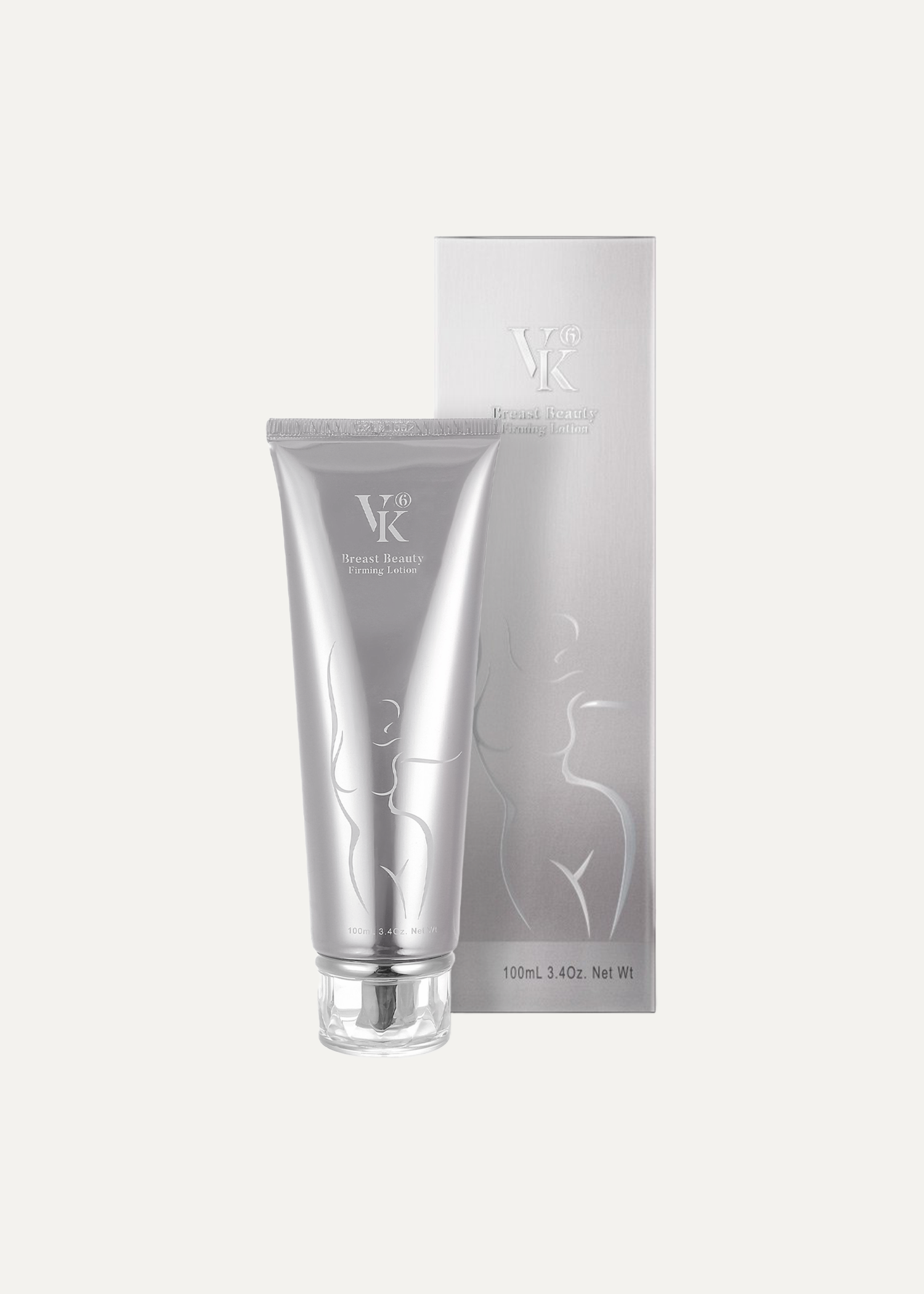The phrase intermittent fasting has undoubtedly popped up on your radar quite a few times in the past couple of years. But you’d be surprised by how ancient this practice actually is and how it could aid in cleansing both your body and your mind.
What is it all about? Why do some people willingly decide to regularly fast during large portions of the day? What are the benefits of refraining from one of the greatest pleasures of life – food – during certain periods?
WHAT IS INTERMITTENT FASTING?
Nutrition coach Thomas DeLauer says that intermittent fasting shouldn’t be considered a diet, but a meal timing plan. The whole concept is actually very simple.
Intermittent fasting comes down to switching between periods of eating and not eating, i.e. fasting. The fasting window, in which you don’t eat food, is followed by the fed window in which you consolidate your calories through eating food.
HOW DOES INTERMITTENT FASTING WORK?
Dr. Monique Tello MD, from Harvard Health Publishing, says that people have evolved to be in sync with the day/night cycle, i.e. a circadian rhythm, during 24 hours. Our metabolism has adapted to consuming food during the day and sleeping during the night. Switching the roles, i.e. eating during the night time increases the risk of obesity and diabetes (sadly, that also implies snacking on your favorite crisps or popcorn while watching Netflix at 2 AM – We’ve all been there).
The food we eat breaks down into molecules such as simple sugars, e.g. glucose, which our cells use for energy. We, of course, need energy for normal daily functioning. However, problems arise when the food intake is so large that our cells can’t use all ingested sugar, which happens when we tend to overindulge. In these cases, the excess sugar becomes stored as fat in our fat cells with the help of a hormone called insulin.
Medical herbalist and nutrition coach Daniela Turley says that when we fast, we bring our cells to a mild form of stress. Unlike some of us, our cells deal with stress pretty well – they adapt to it by enhancing their ability to cope. Fasting windows make our bodies conserve energy, and our basal metabolic rate becomes more efficient. During fasting, the lack of glucose and lowered insulin levels cause the body to make its own glucose, and our fat cells eventually release and burn their stored sugar which is then used as energy. Tello adds that intermittent fasting lowers our insulin levels for a period long enough to burn off fat, which makes us lose weight.
THE BENEFITS OF INTERMITTENT FASTING
Experts such as dr. Dana Cohen, Tello, and DeLauer mention numerous health benefits of intermittent fasting:
The most obvious one is fat and weight loss, but intermittent fasting doesn’t only make you slimmer, it also maintains or gains muscle and increases muscle tone and density.
Blood and blood vessels may also benefit from it. Intermittent fasting lowers blood sugar and blood pressure and improves vascular function.
Everybody would love to have a fast and effective metabolism, and intermittent fasting can help you with that by activating and boosting its function.
There’s a long list of chronic illnesses you could beat more successfully by practicing intermittent fasting. Namely, it decreases the production of and damage from free radicals, which reduces cancer risk. It also protects against diabetes and lowers inflammation, which helps with arthritic pain and asthma.
Intermittent fasting also makes you look younger – yep this could be the age-old secret to looking and feeling great! It enhances cellular rejuvenation and autophagy (the body’s natural recycling of old and damaged cells), which leads to fresh-looking skin, nails, hair. Not only can you look younger, but also you can live longer – intermittent fasting prolongs the overall life span.
Last but not least, apart from cleansing your body, intermittent fasting cleanses your mind as well – it increases your mental focus and brain function. Once you get used to it, you won’t be thinking about what to snack on next, but rather concentrate on what matters.
INTERMITTENT FASTING IN ITS MANY FORMS
You can arrange your fasting and fed windows at any particular time of day and night that suits your lifestyle while sticking to the following combinations:
The 12-hour fasting involves a 12-hour fed window followed by a 12-hour fasting window.
The 16:8 fasting means eating for 8 hours and fasting for 16 hours. It can stretch both the fasting and the fed periods for a few more hours at the expense of the other window, e.g. 14:10, 18:6, 20:4.
The 5:2 fasting means 5 days of normal, ideally healthy eating, and 2, ideally consecutive days of caloric restriction (500 calories for women and 600 for men).
The alternate method restricts your calories to 500 every other day.
Prolonged fasting involves full 24-hour to 48-hour fasts. Prolonged fasting is recommendable once a month or quarter, but the eat-stop-eat method is more radical and involves one or two 24-hour fasts every week.
The warrior method is similar to the Paleo diet and includes eating small amounts of unprocessed, raw fruits and vegetables during the day and one larger meal in the evening.
The spontaneous fasting involves spontaneously skipping a meal when you’re not hungry.
Liquid fasting involves consuming caloric liquids, e.g. bone broth, to improve your digestion.
Dry fasting is an extreme type where you don’t consume food or water. It’s effective in burning fat, but not recommendable to do more often than once every 3 to 6 months.
WHAT CAN BE CONSUMED DURING THE FASTING WINDOW?
Water, tea, and black coffee, all in their unsweetened forms, are more than welcome during the fast. Any additions to these non-caloric beverages, such as honey, coconut oil, or butter, would break the fasting window, so you should refrain from them.
COULD I DO INTERMITTENT FASTING?
Intermittent fasting brings a myriad of health benefits. However, some may experience it as pretty extreme so it mustn’t be introduced hastily. If you’re considering it, do your research and take it slowly.
Of course, everyone should consult a medical professional before making any harsh changes to their diet. Although it may bring many benefits, intermittent fasting shouldn’t be practiced without taking the necessary precautions. Those who should not fast without close professional supervision are pregnant and breastfeeding women, people with advanced diabetes, or on medication for diabetes.









